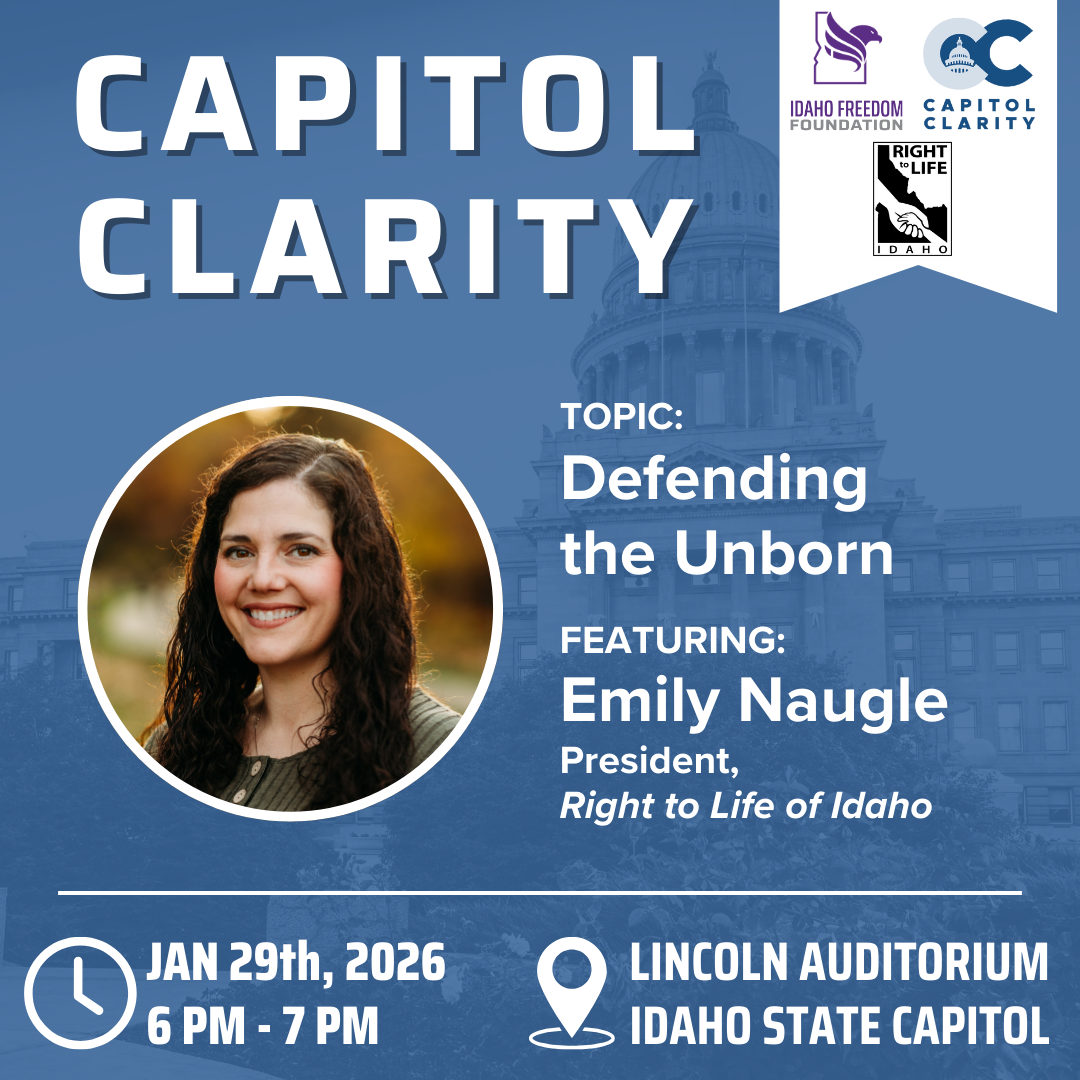
A former budget advisor to President Barack Obama is suggesting that the nation’s high unemployment rate might actually be a good thing. Yet both academic scholars and public policy officials in Idaho are not seeing it that way, and seem to remain committed to the value of work and gainful employment.
“Deep economic declines, such as the one we experienced in the U.S. a few years ago, probably lengthen life expectancy,” notes Dr. Peter Orszag, economist, and President Obama’s former director of the Office of Management and Budget at the White House. “This is exactly the opposite of what most people believe.”
Currently working as an investment banking executive with Citigroup, Orszag writes at Bloomberg.com that “although it runs counter to our intuition, recessions may be bad for our wallets but good for our health.”
He cites 2008 research data from Iceland, a country where all three of its privately owned banks collapsed just as the U.S. stock market crashed, and notes that in the midst of the crisis people consumed less tobacco and alcohol.
Orszag also says research from North Carolina indicating that in times of high unemployment people drive cars less frequently, and, thus, create less air pollution. And he cites data suggesting that care for the elderly actually improves during times of high unemployment, resulting in fewer elderly deaths.
From these various research projects, Orszag surmises that, despite the suffering that it brings, unemployment may bring about a societal good, in that it tends to encourage healthier lifestyles and conditions.
But do Idahoans believe that unemployment produces such a societal benefit?
“We want Idahoans to be as self-reliant as possible, which means being employed if at all possible,” Niki Forbing-Orr, spokesperson for the Idaho Department of Health and Welfare told IdahoReporter.com upon reading Orszag’s analysis. “To be eligible for food stamp benefits, for instance, a person must participate in the work search program, unless they fall into an exempt category.”
Dr. Ron Nate, professor of economics at BYU Idaho in Rexburg, noted that “If you take this argument to its absurd conclusion, then we’re all better off being unemployed.” Noting that “no research comes to mind” indicating that economic hardship leads to longer life spans, Nate told IdahoReporter.com that “it is through work and productivity that we have the things that make our economy vibrant, and these are the things that extend our life spans. Medical innovation, for example, did not come through unemployed people.”
Dr. Peter Crabb, professor of finance and economics at Northwest Nazarene University in Nampa, responded to the matter a bit differently. “Dr. Orszag’s assessment of the economic research he reviews here is generally correct. There is a relationship between periods of low economic growth and improved measures of health and life expectancy.”
Yet Crabb also noted that “the economic research supporting this thesis should be taken with the proverbial grain of salt,” and cited several technical and methodological reasons why he believes the findings are not as credible as Orszag would suggest.
“The vast majority of Americans know there is nothing good about high unemployment and a lousy economy, and Idahoans most certainly know this,” Rep. Grant Burgoyne, D-Boise, told IdahoReporter.com. “Joblessness makes people hungry and homeless, and it breaks the body and the spirit. It was wealth from hard work and good jobs that brought us longer, healthier and safer lives. To say otherwise is to defy common sense.”
Orszag concludes his assessment by noting that no one should ever wish for economic trouble, but that “there may be some small consolation, though, in learning that it probably doesn’t harm human health the way that we all imagined.”


